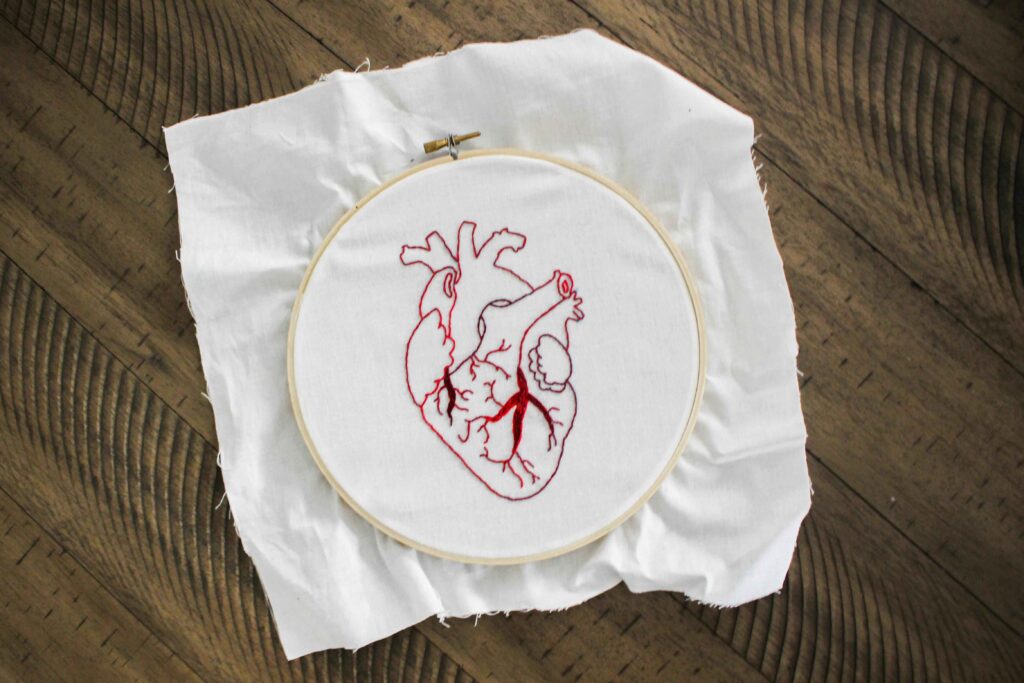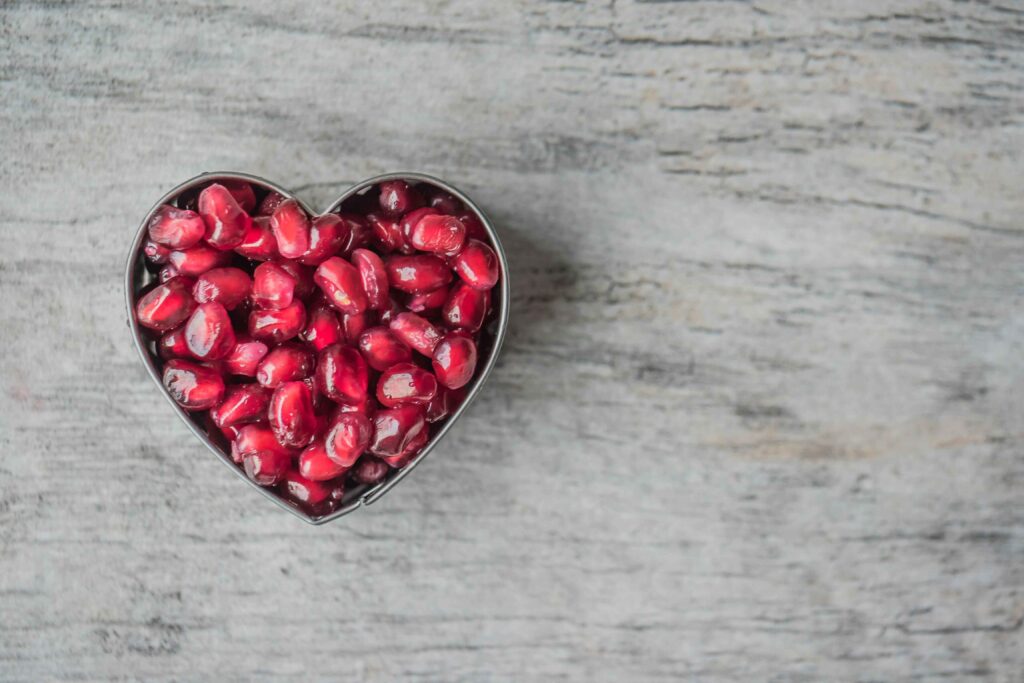Maintaining heart health is essential for overall well-being, and one of the best ways to support your cardiovascular system is through a nutrient-rich diet. But with so many food choices available, how do you know which ones are truly beneficial? In this blog, we will highlight the best food for heart health, providing you with the knowledge you need to make heart-friendly dietary choices. A balanced intake of the best food for heart health can help prevent cardiovascular diseases, lower cholesterol levels, and regulate blood pressure.
By incorporating these foods into your daily meals, you’ll not only improve your heart health but also increase your overall energy and vitality. The best food for heart health is packed with powerful nutrients like omega-3 fatty acids, fiber, and antioxidants that support your heart’s well-being. So, let’s explore the top heart-healthy foods and how they can make a significant difference in your life, ensuring that you are fueling your body with the best food for heart health every day.
The Role of Diet in Heart Health
Eating the right foods can have a profound effect on your cardiovascular system. A balanced diet rich in heart-healthy nutrients such as antioxidants, healthy fats, fiber, and lean protein can lower cholesterol levels, regulate blood pressure, and reduce inflammation — all of which are essential for a healthy heart.
Numerous studies have shown that certain foods are particularly beneficial in preventing heart disease, reducing risk factors, and even reversing some forms of cardiovascular damage. By incorporating these heart-healthy foods into your diet, you can significantly enhance your heart’s ability to function at its best.

Key Nutrients for Heart Health
Before we dive into the foods themselves, it’s important to understand the key nutrients that support heart health. These include:
- Omega-3 Fatty Acids: These healthy fats are essential for heart health. They help reduce inflammation, lower triglycerides, and may reduce the risk of heart disease.
- Fiber: Found in plant-based foods like fruits, vegetables, and whole grains, fiber helps lower cholesterol and regulate blood sugar levels.
- Antioxidants: These are powerful compounds that help protect the heart from oxidative stress and inflammation, which can lead to heart disease.
- Potassium: A mineral that helps regulate blood pressure and balance the negative effects of sodium in the diet.
- Magnesium: Known for its ability to regulate heart rhythm and support proper heart muscle function.
1. Fatty Fish: A Heart-Healthy Protein
Fatty fish like salmon, mackerel, and sardines are packed with omega-3 fatty acids, which are critical for heart health. Omega-3s help lower harmful LDL cholesterol, reduce triglycerides, and prevent blood clotting. Regular consumption of fatty fish can also lower the risk of arrhythmias (irregular heartbeats) and may reduce inflammation in the body.
Incorporating fatty fish into your diet just two to three times a week can provide substantial cardiovascular benefits. If you don’t eat fish, omega-3 supplements derived from algae or flaxseed are good alternatives.
Health Benefits of Fatty Fish:
- Reduces the risk of heart disease and stroke
- Lowers triglyceride levels
- Helps prevent heart attacks and arrhythmias
2. Nuts: Small but Mighty for Your Heart
Nuts, especially almonds, walnuts, and pistachios, are excellent sources of healthy fats, fiber, and antioxidants. They are also rich in magnesium, which plays a vital role in maintaining healthy blood pressure and heart function. Walnuts, in particular, are high in omega-3 fatty acids, providing similar heart-healthy benefits as fatty fish.
Including a handful of nuts in your diet each day can help lower your cholesterol levels, improve blood vessel function, and provide a natural source of energy without the risk of harmful trans fats.
Health Benefits of Nuts:
- Lower bad LDL cholesterol and triglycerides
- Reduce the risk of heart disease
- Support healthy blood sugar levels
3. Berries: Antioxidant Powerhouses for the Heart
Berries, including blueberries, strawberries, and raspberries, are rich in antioxidants, particularly anthocyanins, which have been shown to reduce inflammation and protect the heart. These antioxidants help reduce oxidative stress, which can contribute to plaque buildup in the arteries. Additionally, berries are a great source of fiber and vitamin C, both of which support cardiovascular health.
Including a variety of berries in your diet is a delicious way to support heart health and improve overall well-being. Aim to consume a cup of fresh or frozen berries as a snack or in smoothies several times a week.
Health Benefits of Berries:
- Reduce oxidative stress and inflammation
- Improve cholesterol levels
- Support healthy blood pressure
4. Leafy Greens: Nutrient-Dense and Heart-Friendly
Leafy greens such as spinach, kale, and Swiss chard are rich in potassium, fiber, and antioxidants, all of which contribute to heart health. Potassium helps balance sodium levels in the body, which is essential for regulating blood pressure. Additionally, these greens are packed with folate, which plays a role in reducing levels of homocysteine, an amino acid linked to an increased risk of heart disease.
Regularly incorporating leafy greens into your meals can provide a range of heart-healthy nutrients that promote overall cardiovascular function. Whether in salads, soups, or smoothies, these vegetables are easy to include in your diet.
Health Benefits of Leafy Greens:
- Lower blood pressure
- Improve cholesterol levels
- Reduce inflammation and oxidative stress
5. Whole Grains: Heart-Healthy and High in Fiber
Whole grains, including oats, quinoa, brown rice, and whole wheat, are rich in fiber and antioxidants that support cardiovascular health. The fiber in whole grains helps lower cholesterol levels, regulate blood sugar, and reduce the risk of heart disease. Studies have shown that consuming whole grains regularly can lower blood pressure and reduce the risk of heart attack and stroke.
Switching from refined grains to whole grains is a simple dietary change that can have a significant impact on your heart health. Aim for at least three servings of whole grains each day.
Health Benefits of Whole Grains:
- Lower cholesterol and blood sugar levels
- Reduce the risk of heart disease and stroke
- Support healthy digestion
6. Avocados: Healthy Fats for a Healthy Heart
Avocados are an excellent source of monounsaturated fats, which have been shown to reduce bad LDL cholesterol levels and promote healthy heart function. They are also rich in potassium, fiber, and antioxidants that support cardiovascular health. Additionally, avocados contain folate, which helps reduce homocysteine levels and protect the arteries from damage.
Incorporating avocados into your diet can help improve your heart health and provide essential nutrients for overall well-being. Add avocado slices to salads, use them as a spread, or blend them into smoothies for a heart-healthy boost.
Health Benefits of Avocados:
- Lower LDL cholesterol and triglyceride levels
- Support heart health and proper blood pressure regulation
- Rich in healthy fats, fiber, and potassium
7. Legumes: Plant-Based Protein for a Healthy Heart
Legumes such as beans, lentils, and chickpeas are an excellent source of plant-based protein, fiber, and essential nutrients like potassium and magnesium. These foods help lower blood cholesterol levels, regulate blood pressure, and improve overall heart health. Legumes are also low in fat, making them an ideal choice for heart-healthy meals.
Incorporating legumes into your diet is easy and versatile. Add them to soups, salads, or make them the base of a hearty vegetarian dish. Regular consumption of legumes can improve heart health and contribute to overall well-being.
Health Benefits of Legumes:
- Lower cholesterol levels and blood pressure
- Rich in fiber and plant-based protein
- Support heart health and reduce the risk of heart disease
8. Dark Chocolate: A Delicious Heart-Healthy Treat
Yes, you read that right! Dark chocolate, especially varieties that contain 70% cocoa or higher, is rich in antioxidants called flavonoids, which have been shown to improve heart health. These antioxidants help lower blood pressure, improve blood vessel function, and reduce inflammation. Dark chocolate can also increase levels of good HDL cholesterol in the body.
Health Benefits of Dark Chocolate:
- Reduce blood pressure and inflammation
- Improve blood flow and vessel health
- Increase good HDL cholesterol levels


Leave a Reply Cancel reply